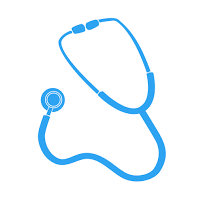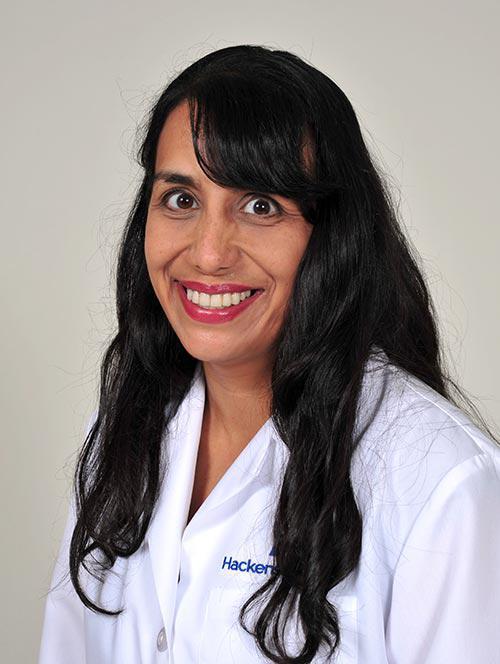HMH - Cardiology - Hackensack - Bergen Invasive Cardiovascular Consultants
Plan Your Visit
Address
211 Essex Street
Suite 306
Hackensack,
NJ 07601
Hours
Contact
Interested in scheduling an appointment?
Providers at this LocationLocation Summary
Our board certified cardiologists and technologists are leading experts in the diagnosis and treatment of heart conditions.
Here, doctors use innovative tools and advanced imaging technologies to diagnose and treat cardiovascular disease at an earlier stage. This is of particular benefit to patients who are at risk for heart disease—either because of genetics or lifestyle.
Our cardiac imaging and non-invasive cardiology teams use the most sophisticated diagnostic technology, such as cardiovascular nuclear imaging, cardiac ultrasound and CT scans, which provide cardiologists with fast, accurate visualization and analysis of the heart and surrounding structures. Non-invasive cardiology techniques are typically safe and painless and allow you to return to your regular activities almost immediately.
Our Services
- EKG: records the electrical signals in your heart. It’s a common test used to detect heart problems and monitor the heart’s status in many situations.
- Holter monitor: a small, wearable device that records a continuous EKG, usually for 24 to 48 hours.
- Event monitor: a portable device is similar to a Holter monitor, but it records only at certain times for a few minutes at a time. You can wear it longer than a Holter monitor, typically 14 days.
- Nuclear stress test: a study aimed at measuring whether the blood flow to your heart muscle is normal or abnormal. The study utilizes a radioactive tracer to create an image of how well blood is reaching your heart muscle, both during exercise and while at rest. If you are unable to exercise, or your doctor thinks exercise is not a good idea for you, this study can still be performed by giving you a medication that produces the same kind of cardiovascular stress that is caused by exercise.
- Stress echo: a procedure that combines echocardiography with exercise to evaluate the heart’s function at rest and with exertion. Echocardiography is an imaging procedure that creates a picture of the heart’s movement, valves and chambers using high-frequency sound waves that come from a hand-held wand placed on your chest.
- EKG stress test: a test used to provide information about how the heart responds to stress. It usually involves walking on a treadmill at increasing levels of difficulty while the electrocardiogram, heart rate and blood pressure are monitored.
- Cardiac catheterization: a heart procedure used to diagnose heart disease. During the procedure, a catheter (inserted into an artery in your arm or leg) is guided to your heart, contrast dye is injected and X-rays of the coronary arteries, heart chambers and valves are taken.
- Transcatheter aortic valve replacement (TAVR): a minimally invasive procedure to replace a narrowed aortic valve that fails to open properly (aortic valve stenosis). In this procedure, doctors insert a catheter in your leg or chest and guide it to your heart.







